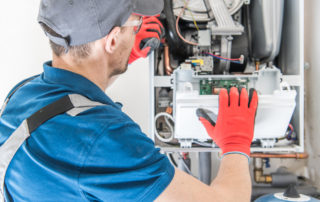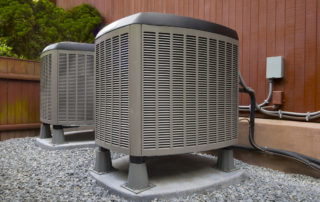When Is It Time to Have a New Furnace Installation in Montreal?
As a homeowner, you might wonder when it is time to stop doing repairs on your heating system and put a new one in its place. There is no easy answer one way or another. It is impossible to generalize based on one thing. However, several signs will show you need to get another system, from sudden temperature changes to the system’s age. When making a decision, it is best to talk to a technician to learn about the best replacement options open to you.
Age of the Device
You might wonder how long a regular furnace will last. Typically, it can run for about 15 to 20 years even with regular preventive maintenance. However, you might want to start considering a replacement 15 years or so after having it. The old furnace’s lifespan can also depend on the fuel it uses for heating the home.
Installing an electric furnace might be a better option than repairing your gas system because of the electric one’s longer lifespan. Even though newer gas furnaces have lower lifespans, they might not cost as much to operate. Plus, they can heat faster than electric ones.
Hearing Loud Noises When Running
Several sounds might indicate now is the best time for a new furnace installation in Montreal. You might hear rattling or humming sounds when it is in operation. Your furnace could have cracks, leaks, or other structural problems. Popping often happens when there are temperature changes in the furnace. Furnace parts are affected by the temperature shift. Screeching can occur when the lower motor or pulley is damaged, while rattling can happen due to detached equipment or ducts.
Temperature Changes in Your Home
You might want to consider a furnace installation if you notice the room temperature changes a lot. Once the old one is 15 years or more, it will not be as efficient, and it will not be able to distribute heat around your home well.
Soot Collecting Around the Register
You know that it is unpleasant to find dust and soot around the rooms. That might come with dry air in your home, and that can damage the chairs, flooring, and couches. If there are dead plants, it might be due to not having enough moisture in the air. Too much soot and dust around your home might indicate that your old furnace produces too much carbon dioxide.
However, it is not uncommon to find soot buildup near the grille and furnace register. The registers are air ducts that allow air to move around your home well.
Choose the Right Furnace Replacement
If you notice that you have been paying for furnace repairs more frequently and are having higher energy bills, it is time to consider replacing your existing furnace. Installing a replacement furnace is more cost-effective because it is efficient and reliable. The right furnace company will help you save on your bill and keep your family safe and warm.





